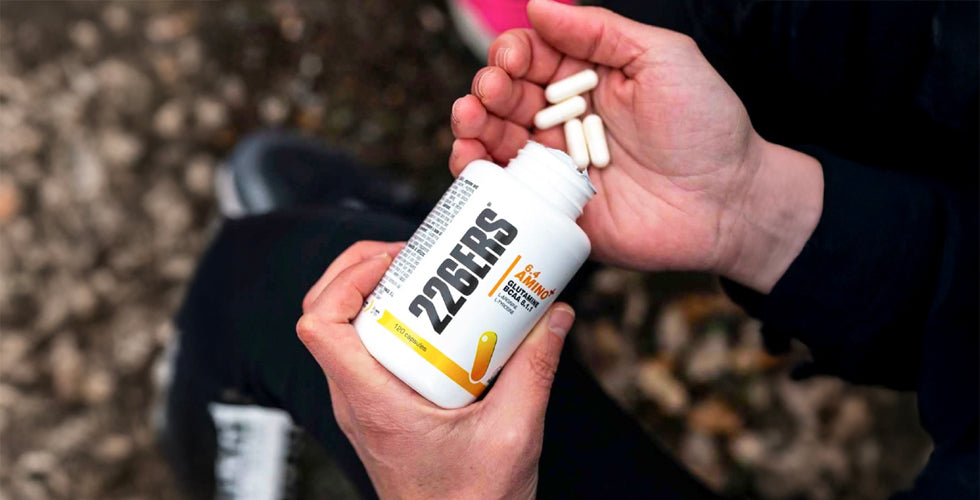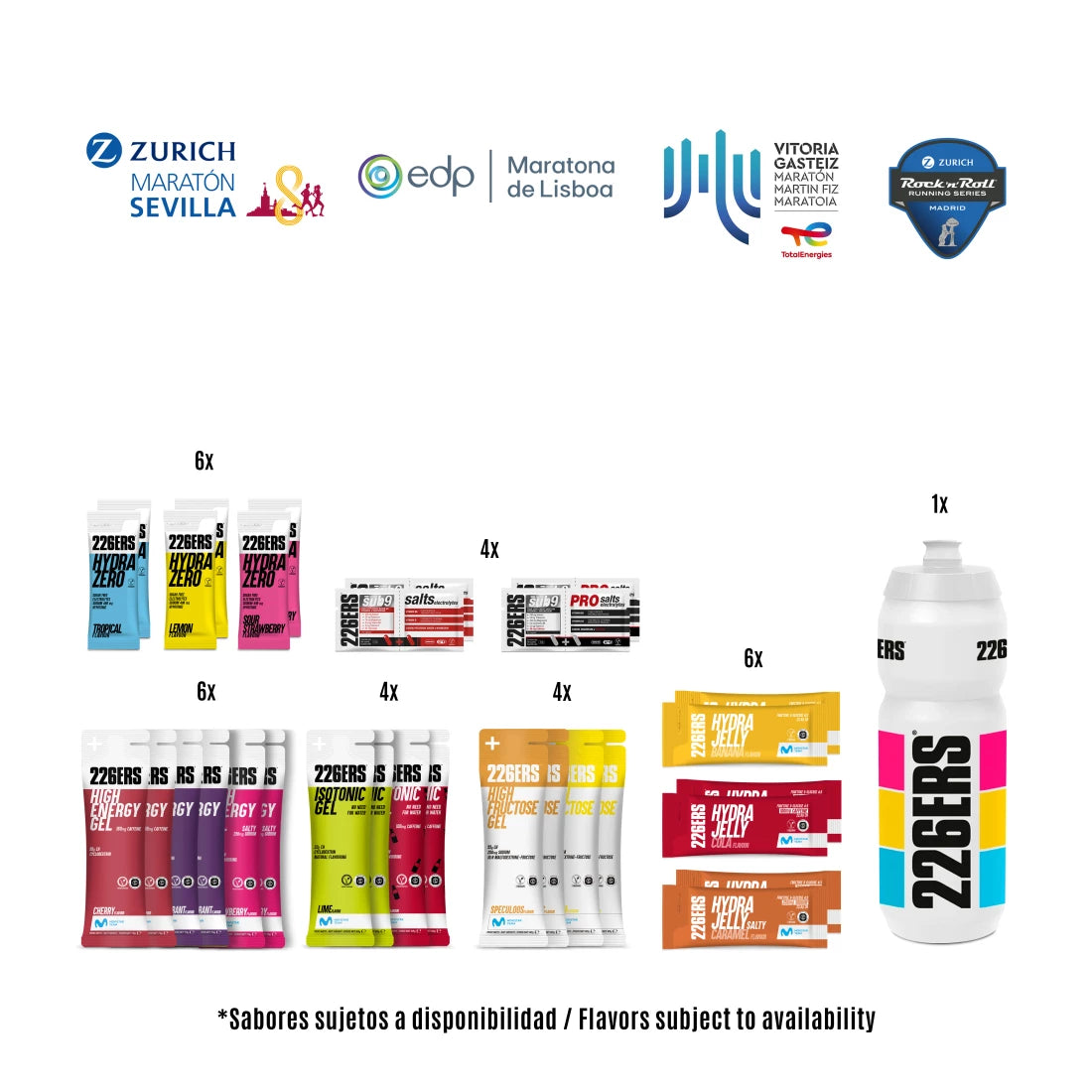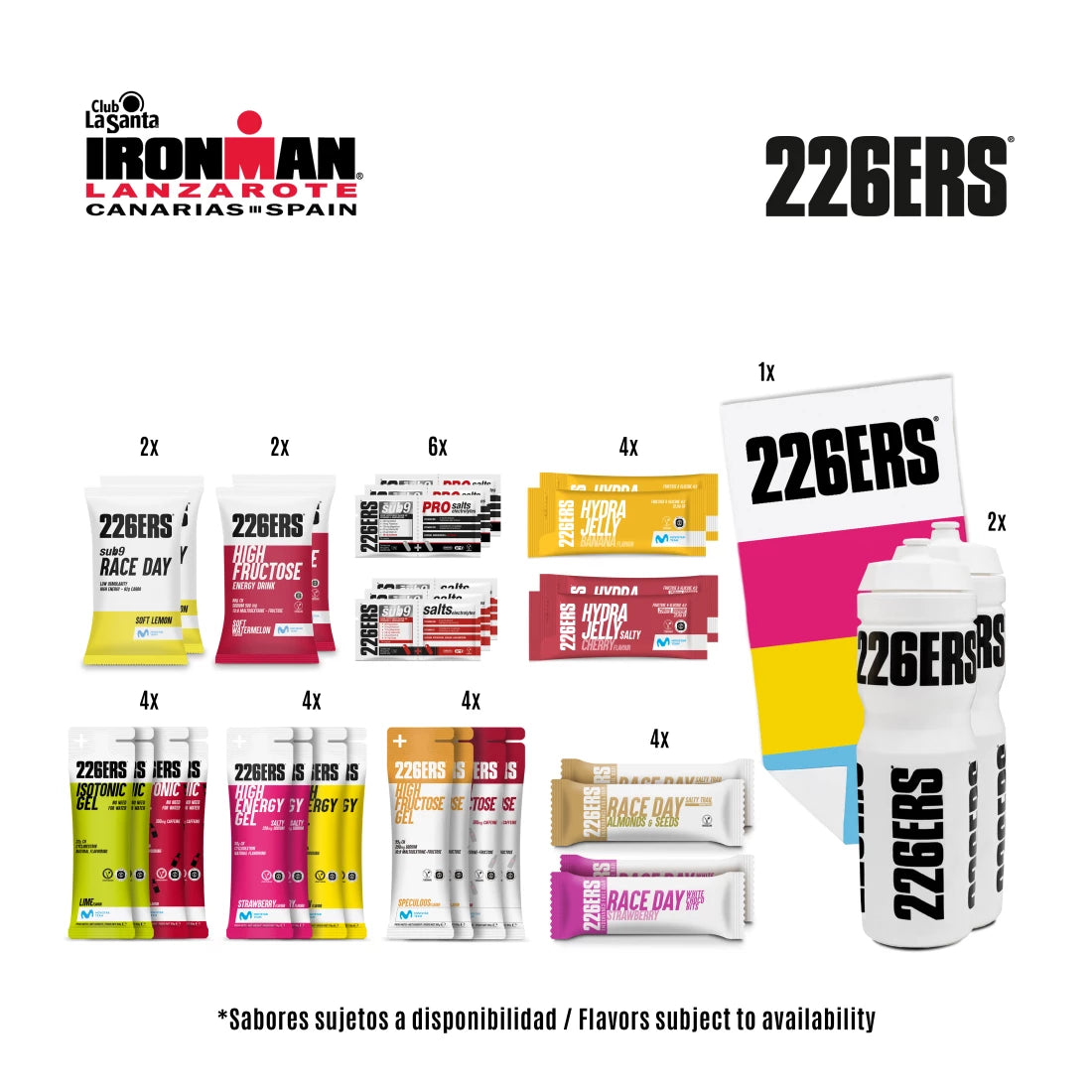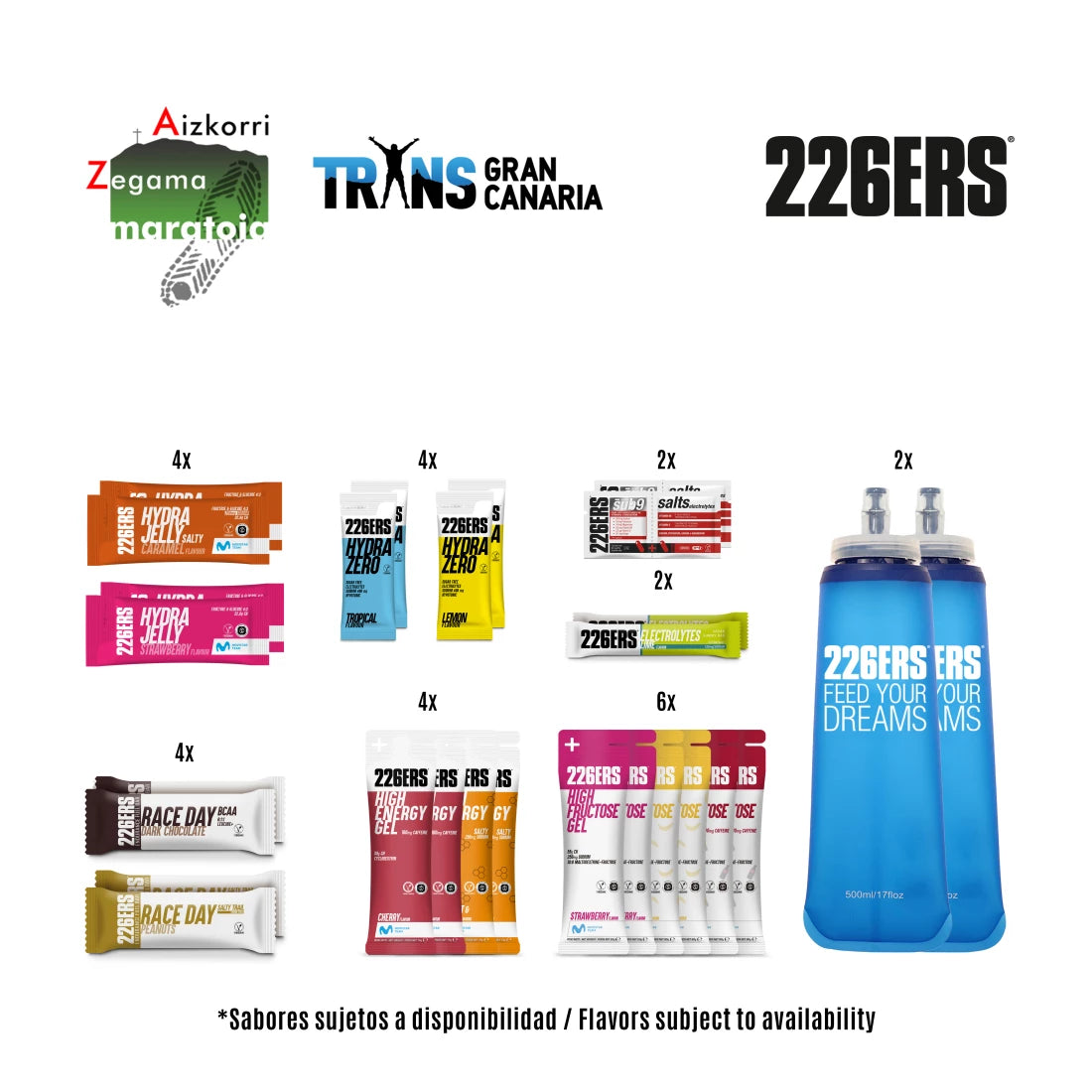The role of post-training supplements in muscle recovery

He physical exercise, especially that of High intensity or large volume, can cause microlesions in muscle fibers, in addition to exhaust energy reservesA (muscle glycogen) and provoke Electrolytic imbalances. An adequate Muscle recovery is essential to optimize adaptation to training, prevent injuries and favor muscle growth. In addition to recovering the body for the next training.
The recovery It is not only a rest period, but a Active phase where protein synthesis, glycogen restoration and cell reparation occurs. Studies have shown that poor recovery can limit performance, increase the risk of injuries and cause chronic fatigue in this context, post-training supplements They have become a aid that can optimize tissue recovery and regeneration processes.
What are post-training supplements?
The post-training supplements They are nutritional products or formulations Designed to be consumed just after performing physical exercise. Your main objectiveo It is to support the recovery of the muscles and the energy system, replenishing lost nutrients during the activity. They are important for those who seek to accelerate post training recovery and maximize sports performance.
Its consumption within the 30–90 minutes after training It can be more cash since it takes advantage of the call "Anabolic window ", a period where the body is more receptive to nutrients.
Key benefits of post-training supplements
Among the main benefits that can be obtained from the use of supplements after physical exercise or training, the following can be highlighted:
- Muscle reparation: Supplements help repair damaged muscle fibers during exercise, promoting their growth.
- Inflammation reduction: By decreasing inflammation, supplements can reduce muscle pain, allowing to train in better conditions the next few days
- Nutrient replacement: They help restore muscle glycogen levels and energy reserves, thus can guarantee the possibility of carrying out training of certain intensity in successive days and avoiding muscle catabolism.
- Injury prevention: A proper nutritional recovery prevents excessive catabolism and strengthens muscle tissue, reducing the risk of fatigue related injuries.
Main post-training supplements and its effectiveness
- Proteins: Serum proteins are the most common option due to their rapid absorption. They help in muscle repair and growth. Casein, on the other hand, is slowly digested and is useful for a prolonged liberation of amino acids.
- Amino acids (BCAA's): BCAA's (leucina, isoleucine and valine) are essential for muscles repair. These amino acids reduce muscle damage and accelerate recovery.
- Carbohydrates: After intense training, the muscles consume a large amount of glycogen. Consuming post-training carbohydrates helps to replace these reserves.
- Creatine: Although it is mainly associated with the increase in force, creatine is also beneficial for recovery, since it helps reduce muscle damage and fatigue.
- Electrolytes: Electrolytes are essential to maintain a good balance of liquids in the body and ensure proper muscle functioning.
Among all possible supplements, the following stand out due to their interest or effectiveness. Next, the most used are shown and why they work:
1. Protein (serum and casein)
Protein is essential to repair and rebuild damaged muscle fibers during training.
- Serum protein (Whey): It is the most popular. It is quickly digested and contains a high concentration of BCAA (especially leucine), which stimulates the synthesis of muscle proteins immediately. Ideal to take just at the end of training.
-
Casein: It has a slower digestion. Liberate amino acids prolonged, so it is perfect to take before sleeping and support night recovery.
2. Carbohydrates
During the exercise, especially the cardiovascular or high intensity, HE Glycogen reserves deplete, the fuel used by the muscles.
- Consume carbohydrates after training accelerates glycogen replacement and prepares the body for the next session.
- By combining them with protein, absorption is improved and muscle synthesis is enhanced.
An intake of 0.8 - 1.2 g of carbohydrates per kilo of body weight after training is recommended. An example can be a milkshake with banana, oatmeal and protein, or replace ingredients with similar products.
3. Electrolytes and liquids
During the exercise, especially if it is prolonged or in hot weather, HE They lose electrolytes such as sodium, potassium, magnesium and calcium through sweat.
- These minerals are essential to avoid muscle cramps, maintain hydration and guarantee normal muscle contraction.
- They can be replenished with sports drinks or sugarless powders.
Is fundamental electrolytes with liquids, with a total amount of drink that at least covers 150% of the lost liquid.
4. Ramified chain amino acids (BCAA)
The BCAA (leucina, isoleucine and valine) They are essential amino acids, that is, the body cannot produce them and must be obtained from the diet.
- Help rEducate muscle damage after training and reduce muscle pain of late appearance (Doms).
- They directly stimulate protein synthesis, even in the absence of full food.
However, and although they are useful, if sufficient protein is consumed or if it is supplemented with Whey Protein, BCAA can be redundant. However, BCAA can be especially useful in fasting training or very low protein diets.
5. Creatine
Creatine is not just to gain strength or muscle mass. Also aCelera recovery and reduces muscle damage after exercise.
- It helps to regenerate the ATP, the main source of energy during explosive efforts.
- Improves intracellular rehydration and decreases muscle inflammation markers.
It is one of the most investigated and safe supplements. A typical dose is 3–5 g daily, and can be taken after training.
6. Other emerging supplements
These are not indispensable, but they can be useful depending on the type of training or your personal needs:
- Omega-3 (EPA and DHA): They have anti -inflammatory properties. They can help reduce muscle pain and accelerate recovery.
- Glutamine: Although its effectiveness is limited in healthy people, it could be useful during phases of Intense metabolic stress, comor in resistance sports or weight cuts.
- Natural antioxidants: Turmeric, ginger or acid cherry extract help modulate inflammation without interfering with adaptation to exercise (which could happen with megadosis of vitamins C and E).
- Magnesium and Zinc: They participate in more than 300 metabolic functions. Supplement can be useful if there is deficiency or a lot of sweating.
How to choose the best post-training supplements
When choosing supplements, it is important to consider the type of training and the Personal goals, taking into account the following factors in consideration:
- Type of exercise: Force vs. endurance.
- Personal goals: Muscle gain, fat loss, performance.
- Physiological conditions: Intolerances, allergies, specific requirements.
On the other hand, it is advisable to choose quality products, those that contain ingredients proven in improving performance and recovery. In addition, it is always preferable to opt for supplements without unnecessary additives and above all that guarantee that they are not contaminated by possible doping products and have a seal or guarantee of “doping free” or the like.
Additional tips to optimize muscle recovery
In addition to supplements, other factors that can improve recovery include:
Hydration: Stay well hydrated before, during and after training.
Balanced diet: Eat enough protein (1.6–2.2 g/kg/day), complex carbohydrates and healthy fats
Dream and rest: At least 7–9 hours per night. During the deep sleep the growth hormone is released. The dream is crucial for muscle regeneration, this being a key aspect and on many occasions undervalued and not controlled.
Frequent questions
When should I take post-training supplements?
The ideal is to consume them within 30 to 90 minutes after the end of the training, since the body is in its maximum absorption phase.
Can I take post-training supplements if I do not exercise every day?
Post-training supplements are useful for recovery after strenuous training, either by intensity or volume, but if you do not train daily, you can take only the days of intense exercise.
What happens if I don't take post-training supplements?
Although they are not essential, not taking them can lengthen recovery and reduce training capacity by later days.
Can I take pre and post-training supplements the same day?
Yes, many athletes combine pre and post-training supplements to optimize both performance during exercise and subsequent recovery.
Are post-training supplements effective for all types of training?
Yes, post-training supplements are beneficial for both resistance and strength training, helping to accelerate recovery and improve performance in future sessions.
Conclusion
Post-training supplements represent an effective tool to accelerate recovery, minimize muscle damage and maximize training benefits. However, they do not replace adequate diet or rest. Intelligently integrating them into a well -planned routine can make a significant difference in muscle performance and health.












